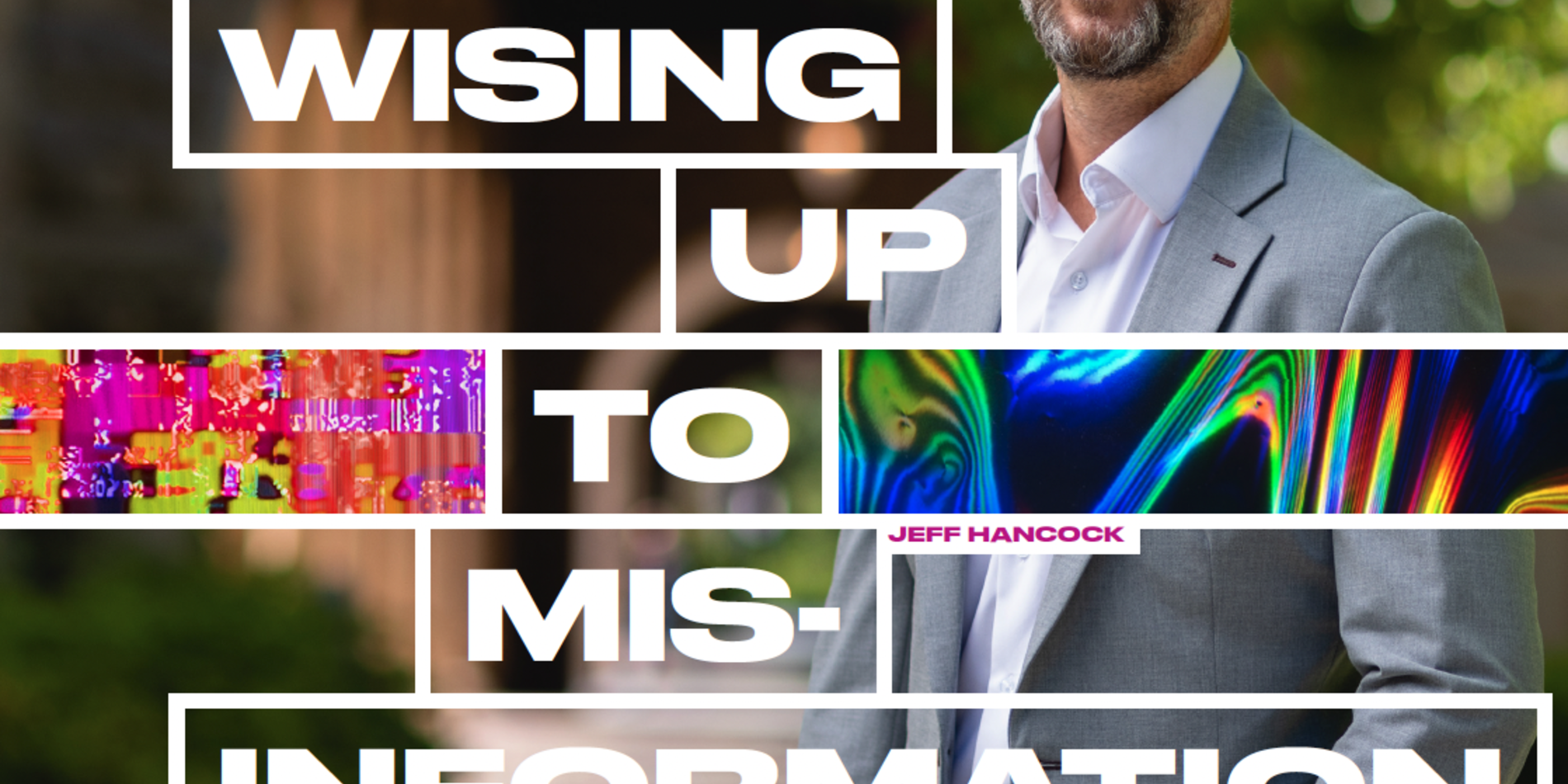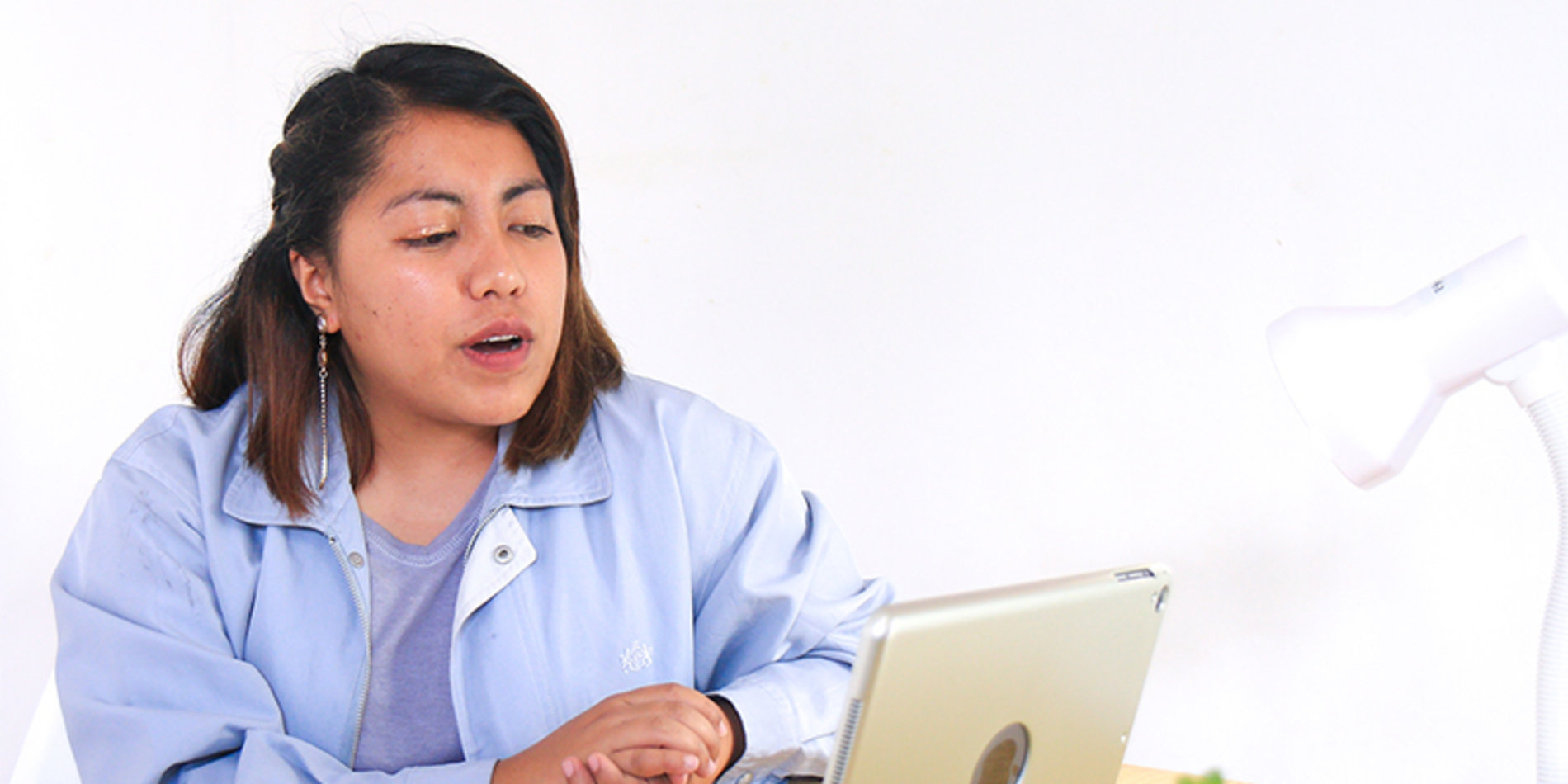Folk theory of cyber-social systems

Photo: Kate Torline/Unsplash
People’s beliefs and behaviors are shaped by their understanding of how systems work, also known as folk theories. These systems include social systems, such as understanding the behavior of others, physical systems, such as gravity, as well as cyber-social systems, that have both social and digital components. The Stanford Social Media Lab is interested in identifying people’s folk theory of cyber-social systems and the effects folk theories have on people’s behavior (e.g., how people engage in self-presentation, how people self-disclose) within these systems.
Taking a metaphor approach to tap into implicit beliefs about cyber-social systems, we are currently exploring folk theories in several domains, including conversational agents (e.g., Siri), social network sites, and online dating sites. Within the social feeds of Facebook and Twitter, we have identified four primary folk theories that are associated with beliefs about not only how the feed works (e.g., shows me all content), but also beliefs about the level of personalization (e.g., understands me completely) and beliefs about the intentions (e.g., working in my interest).
Publications
How People Form Folk Theories of Social Media Feeds and What It Means for How We Study Self
DeVito, M.A., Birnholtz, J., Hancock, J.T., French, M. & Liu, S. (2018). How People Form Folk Theories of Social Media Feeds and What It Means for How We Study Self. Proceedings of the ACM Conference on Human Factors in Computing Systems (CHI 2018).
What’s the folk theory: Reasoning about cyber-social systems
French, M. & Hancock, J.T. (2017). What’s the folk theory: Reasoning about cyber-social systems. Presentation at the 67th Annual Conference of the International Communication Association, San Diego.


